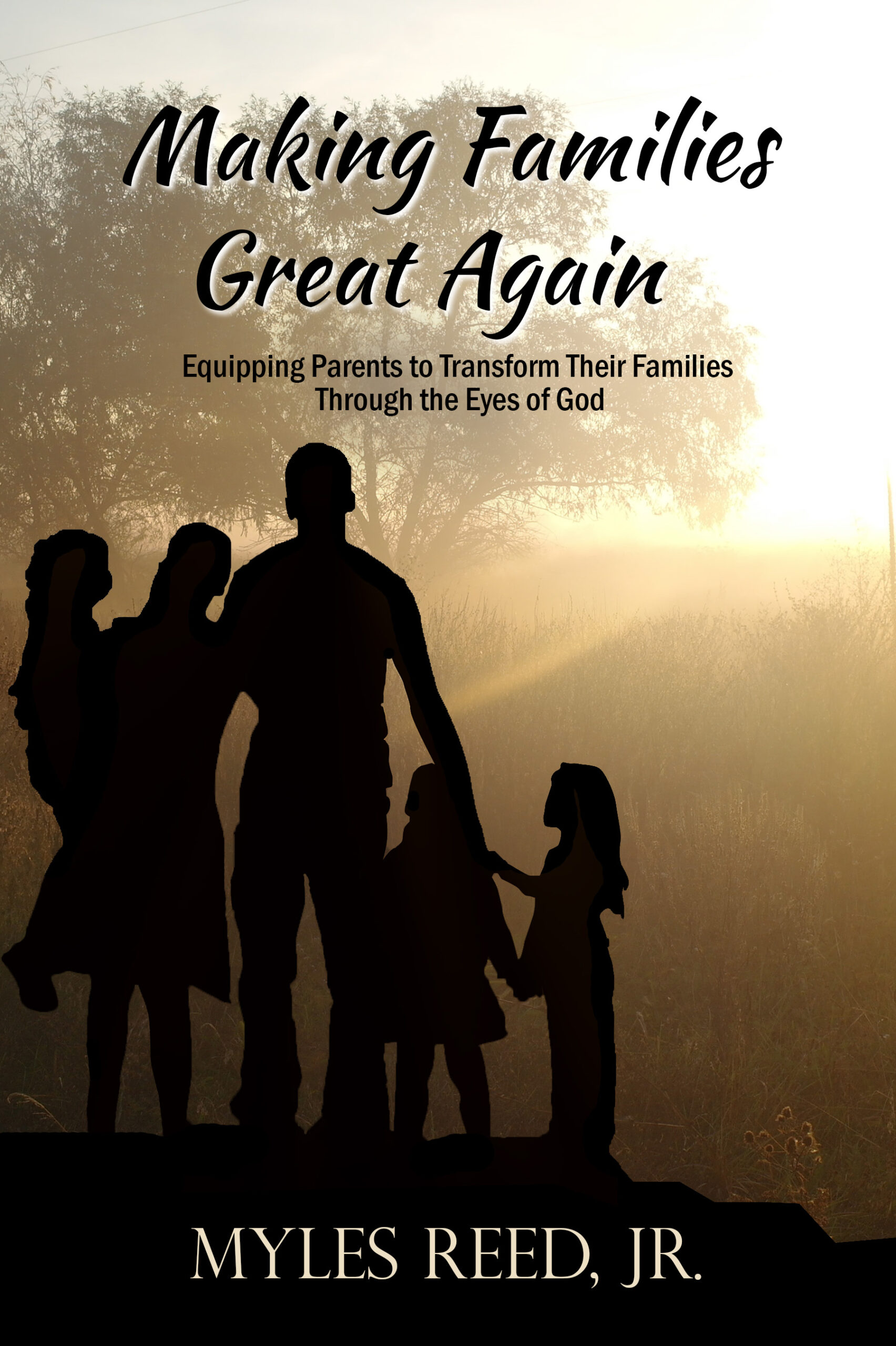
If it weren’t for exceptions, the rules would be easy to understand. We use an apostrophe, sometimes followed by an s. Sometimes not. And then we have to remember that the possessive pronoun its doesn’t get an apostrophe.
Singular nouns add apostrophe-s
the cat’s meow
Jack Frost’s touch
James’s first step
unless the word ends with an eez or zuz sound
Moses’ staff
the story of Jesus’ life
John Hopkins’ book
King Xerxes’ edict
or if the word ends in an unpronounced s.
Descartes’ philosophy
a marquis’ social status
Plural nouns add only an apostrophe
fall leaves’ bright colors
the stars’ dim light
but use apostrophe-s if the word does not end with an s.
children’s toys
people’s choice
Two nouns, when they possess something collectively, should create the possessive on only the second word.
Lewis and Clark’s expedition
Jack and Jill’s hill
but when the possession indicates separate ownership, create the possessive on both words.
Bill’s and Fred’s cars
Descriptive adjectives are not possessive. For example, we might think of a conference belonging to writers, but actually it’s a conference for writers, and we don’t need the apostrophe.
a writers conference
a teachers college
a plumbers guide
Most of the time, you can probably spell the word correctly by listening to the way it’s said. For example, you would probably say, “Jesus’ parables,” not saying geesuses with a second s sound. If you speak about jameses insights, then you know the correct spelling is James’s.




 Character is a critical key to becoming a person of quality, and it starts in the home!
Character is a critical key to becoming a person of quality, and it starts in the home!